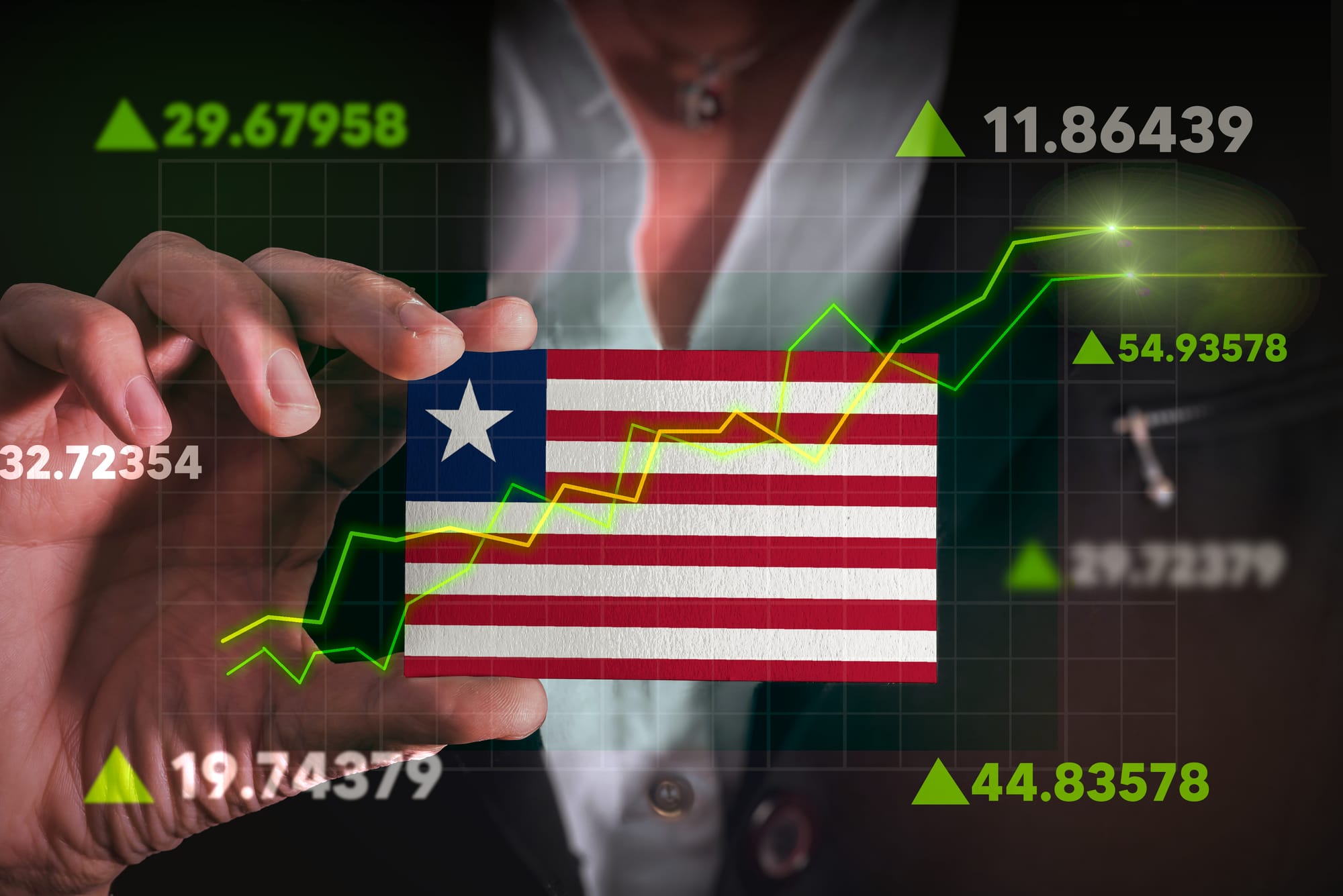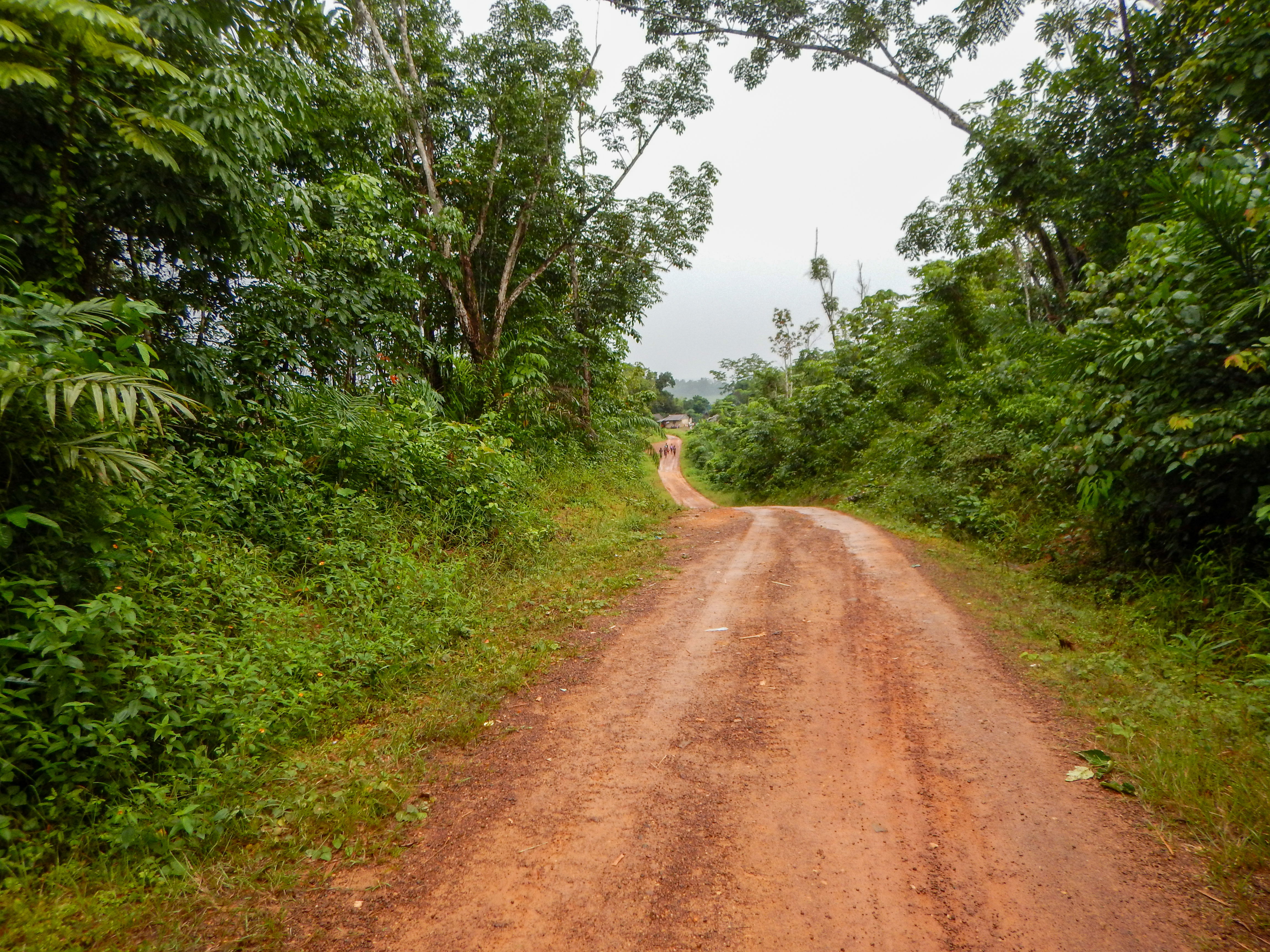
Liberia has a poverty rate of 51% and an unemployment rate of 12.4% as of 2021. The World Bank estimates that 1 million Liberians live in extreme poverty and 2.5 million in absolute poverty. 83.8% of the population lives on less than $1.25 a day, and poverty and hunger are especially severe in rural areas, where 51% of the population lives.

Liberia is one of the world's poorest countries, despite having significant natural resources like gold, iron ore, and land. However, the country's economic performance is unstable and relies on exports of primary commodities, which hasn't created enough jobs or led to broad-based growth.
The country's GDP per capita in 2021 was one of the lowest in the world, and Liberia has one of the lowest life expectancies in the world at 52.9 years. More than half of Liberians over the age of 15 also lack basic literacy skills.
The Ebola crisis and the 2015 economic downturn contributed to a rise in poverty from 54.1% in 2014 to 58.9% in 2016. The World Bank hopes that the findings of its 2023 Liberia Poverty Assessment will lead to more action to address the worsening situation of poverty.
Housing in much of the country was damaged or destroyed by civil war and the following years of unrest; hundreds of thousands of Liberians were displaced. The country’s utilities infrastructure was also destroyed. When the fighting subsided in 2003, privately owned generators were, for the most part, the only source of power in the country. Water delivery and sanitation systems were adversely affected by warfare as well, and unsafe water conditions were a major source of disease during and after the conflict.